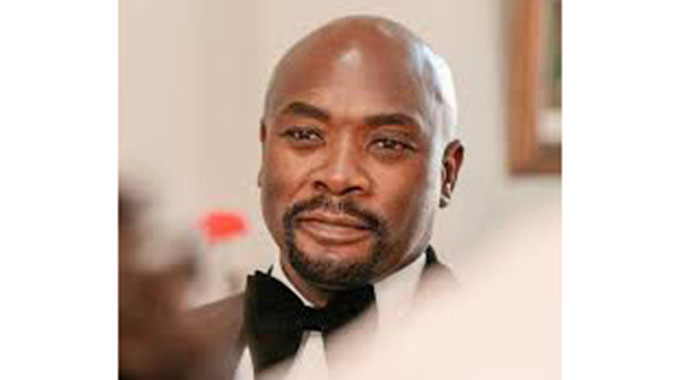Social media in the war against HIV/Aids


From left: Yemurai Nyoni, Loyce Maturu, Emma Mulhern and Tinashe Rufurwadzo represented Zimbabwe at the social media workshop in Johannesburg
Tinashe Makichi and Tinashe Rufurwadzo
From some sectors of the community, use of social networks by teenagers is usually associated with naughtiness and actually calls for rebuke from parents but from the true essence of it, the positives of social networks outweigh the negatives. Teenagers should grab the opportunity of social network availability in becoming responsible teenagers rather than turning those sites to become love nests.
There is no better way of educating teenagers than using social media for staging awareness campaigns considering the coming in of technological advancements.
It is now a common feature in Zimbabwe where various social networks like Facebook, WhatsApp, Twitter and others have been used negatively or positively but achieving the desired impact at the end of the day.
Recently Soul City in collaboration with the United Nations for Population’s Fund gathered a total of 70 teenagers in Johannesburg for a workshop in a bid enhance capacity of young people on the use of social media in HIV prevention.
The workshop deliberated on the issue of using social media as an advocacy strategy to address the inter linkages between Sexual Reproductive Health (SRH), gender equality, HIV and teenage pregnancy prevention and poverty reduction.
In an interview with cool teens, national facilitator for the Young People’s Network on Sexual Reproductive Health HIV and Aids Mr Yemurai Nyoni, who was the head of the Zimbabwe delegation, said Zimbabwe needs to localise regional campaigns so as to empower the teenagers with the necessary preventative strategies against the pandemic.
“In this workshop we have managed to strengthen our social media campaign by establishing additional efforts through creating various platforms on social networks.
“We also wanted to encourage teenagers on the importance of using social networks in fighting HIV and Aids among other things that pose a threat to the well-being the young ones, “he said
Mr Nyoni also said “from the discussions that we had, we agreed to use Facebook as a primary platform for such a campaign and other platforms to compliment or spread the campaign”.
The teenagers who attended this training workshop had the knowledge and skills to design and implement quality social media programmes with the aim of educating young people about Sexual and Reproductive Health.
This was not a new initiative for the teenagers in Zimbabwe though it is a new methodology which is effective due to the fact that young people spend much of their time on social networks such as Facebook, Twitter, to mention but a few.
This is not the first time that UNFPA has organised such a workshop. In 2012, UNFPA conducted a “Young People and Social Media Workshop”, to create an online youth campaign for Campaign of Accelerated Reduction of Maternal Mortality in Africa (CARMMA) and to develop strategies on the utilisation of social media in delivering advocacy messages at country and regional levels.
It is said that Africa disproportionally bears the burden of the HIV and Aids pandemic although only 11 percent of the World’s Population lives in Africa, roughly 67 percent of those living with HIV and Aids are in Africa, It has to be noted that in Africa, there were 22,4 million people living with HIV and 1,9 million new HIV infections in 2008.
An estimated 14 million children in Africa has been orphaned as a result of HIV and Aids.









Comments